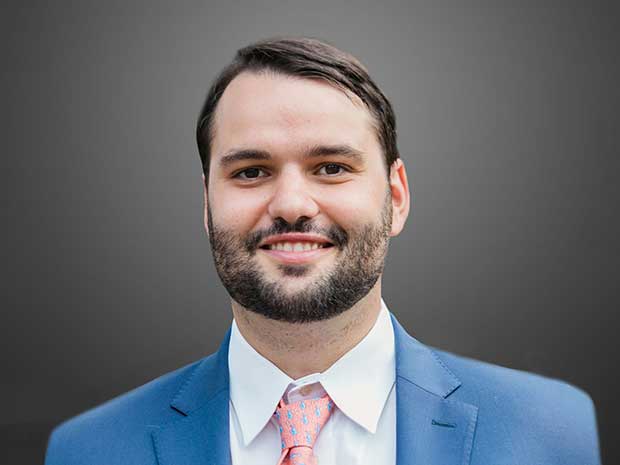On Nov. 8, 2019, the IRS released its (usually) annual updated List of Automatic Changes, providing taxpayers with procedures for making automatic method changes. Revenue Procedure 2019-43 lists when/how taxpayers can use automatic consent procedures to file a Form 3115 (Application for Change in Accounting Method).
Automatic consent procedures provide taxpayers several major benefits:
- An extended time frame for filing Form 3115 (most automatic changes can be filed with the extended due date of the tax return);
- Automatic changes may be implemented immediately with no need to wait for IRS consent;
- Avoidance of the user fee associated with non-automatic method change requests (usually $10,800 for a single applicant);
- Audit protection is available for most changes (subject to a handful of exceptions).
Rev. Proc. 2019-43 is effective for Forms 3115 filed on or after Nov. 8, 2019, for a year of change ending on or after March 31, 2019, filed under the automatic change procedures of Rev. Proc. 2015-13. Rev. Proc. 2019-43 supersedes Rev. Proc. 2018-31.
Major changes under the new guidance:
Changes related to sale, lease, or financing transactions under section 6.03 of the Rev. Proc. are now simpler.
- A method change for a transaction entered into before the beginning of the year of change is eligible for automatic procedures with a section 481(a) adjustment and a statement with the name of the counterparty, instead of the somewhat onerous counterparty representation that was previously required.
- Audit protection rules apply, but ruling protection is not provided on the characterization of any transaction as a lease, sale, or financing transaction.
Changes for tenant construction allowances under section 6.08 of the Rev. Proc., for existing leases, are now automatic.
- As with the changes to sale, lease, or financing transactions, these changes for tenant construction allowances under section 6.08 can be made with a statement naming the counterparty to the lease, rather than a representation.
- Audit protection may be available, but ruling protection is not provided on whether the taxpayer has or does not have a depreciable interest in the property subject to the tenant construction allowances.
Revenue recognition changes are updated to reflect new laws and procedure.
The new guidance fills in gaps in existing guidance to clarify where taxpayers without applicable financial statements fell into the proposed regulations implementing changes to revenue recognition introduced by TCJA.
- Taxpayers without an applicable financial statement may use the streamlined method change procedures in section 16.12(4)(c)(i)(B) to make a change in method of accounting to comply with proposed Reg. section 1.451-8(d) when the associated section 481(a) adjustment is $0.
- Taxpayers without an Applicable Financial Statement (AFS) may also make a change to defer income based on the “when-earned” standard under proposed Reg. section 1.451-8(d)(4)(ii) and recognize revenues on a straight line ratable basis over the term of the agreement.
- Method changes related to the advance payments method under former Reg. section 1.451-5 have been removed to reflect T.D. 9870 removing Reg. section 1.451-5. This applies to section 16.07 (advance payments) and section 20.10 (gift cards issued as a refund for returned goods).
Transition rules and timing:
- Transition rules allow taxpayers to convert certain pending non-automatic changes to automatic changes if the subject of the method change is covered by Rev. Proc. 2019-43. Taxpayers that filed non-automatic method changes prior to Nov. 8, 2019 may withdraw pending requests and switch to automatic procedures under the new Rev. Proc., with notice to the IRS national office, and can receive a refunded user fee.
- For Forms 3115 that no longer qualify to use automatic change procedures under Rev. Proc. 2019-43, taxpayers are permitted to make the change if they properly filed the original, or the duplicate copy, of a Form 3115 under the automatic change procedures in Rev. Proc. 2015-13 prior to Nov. 8, 2019.
- Taxpayers who did not file prior to Nov. 8, 2019 may file a non-automatic Form 3115 to effect the change. Such taxpayers are permitted to request the Commissioner’s consent to change the method of accounting under non-automatic change procedures for the taxpayer’s last taxable year ending before Nov.8, 2019, on or before the due date of the federal income tax return for that taxable year.
Takeaways
All method changes filed on or after Nov. 8, 2019 must use the new procedures, so virtually every taxpayer is affected. For most changes, this is business as usual. However, the revenue recognition changes are significant for taxpayers without an AFS, and the relaxed procedures introduced by Rev. Proc. 2019-43 should increase the number of changes related to leases and tenant improvement allowances.



